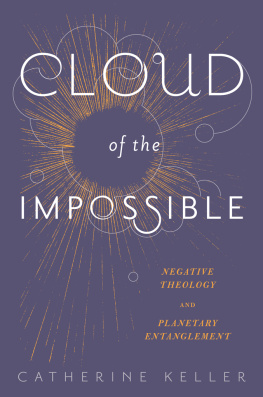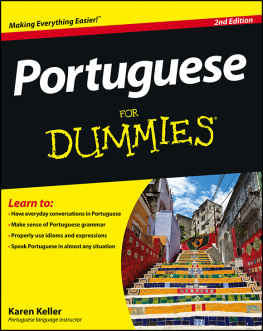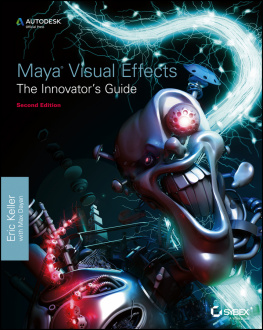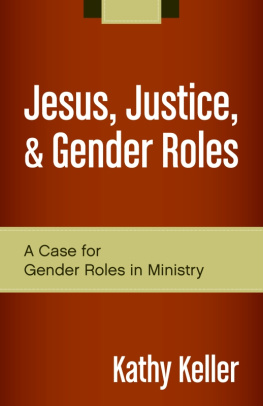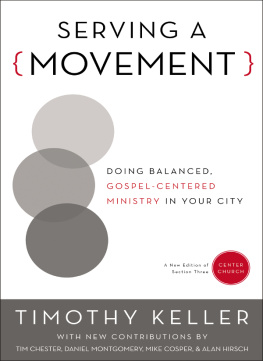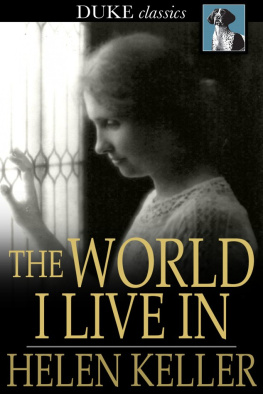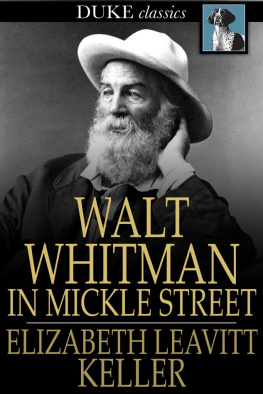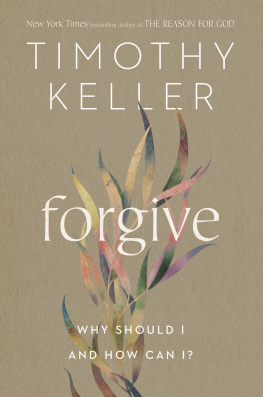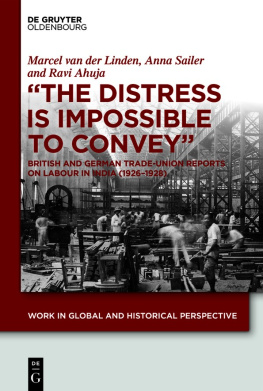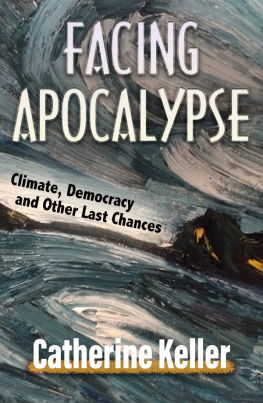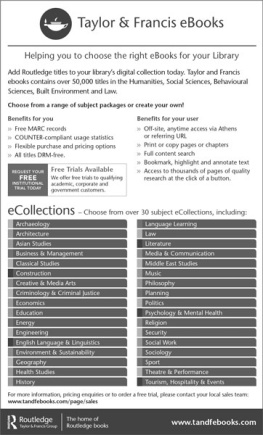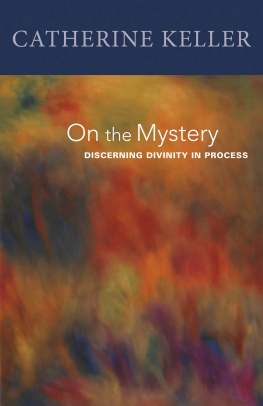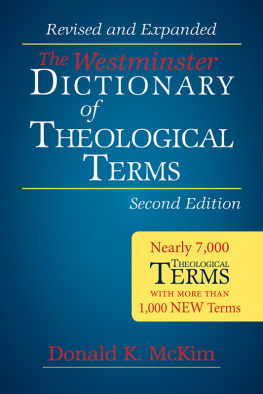CLOUD OF THE IMPOSSIBLE
INSURRECTIONS: CRITICAL STUDIES IN RELIGION, POLITICS, AND CULTURE
INSURRECTIONS: CRITICAL STUDIES IN RELIGION, POLITICS, AND CULTURE
SLAVOJ IEK, CLAYTON CROCKETT, CRESTON DAVIS, JEFFREY W. ROBBINS, EDITORS
The intersection of religion, politics, and culture is one of the most discussed areas in theory today. It also has the deepest and most wideranging impact on the world. Insurrections: Critical Studies in Religion, Politics, and Culture will bring the tools of philosophy and critical theory to the political implications of the religious turn. The series will address a range of religious traditions and political viewpoints in the United States, Europe, and other parts of the world. Without advocating any specific religious or theological stance, the series aims nonetheless to be faithful to the radical emancipatory potential of religion.
For the list of titles in this series, see .


Columbia University Press
Publishers Since 1893
New York Chichester, West Sussex
Copyright 2015 Columbia University Press
All rights reserved
Library of Congress Cataloging-in-Publication Data
Keller, Catherine, 1953
Cloud of the impossible : negative theology and planetary entanglement / Catherine Keller.
pages cm. (Insurrections: critical studies in religion, politics, and culture)
Includes bibliographical references and index.
ISBN 978-0-231-17114-4 (cloth : alk. paper)ISBN 978-0-231-17115-1 (pbk. : alk. paper)ISBN 978-0-231-53870-1 (e-book)
1. Negative theologyChristianity. 2. Mysticism. 3. PlanetsMiscellanea. I. Title.
BT83.585.K45 2014
231dc23
2014017597
A Columbia University Press E-book.
CUP would be pleased to hear about your reading experience with this e-book at .
Jacket Design: Alex Camlin
References to websites (URLs) were accurate at the time of writing. Neither the author nor Columbia University Press is responsible for URLs that may have expired or changed since the manuscript was prepared.
And the more that cloud of impossibility is recognized as obscure and impossible, the more truly the necessity shines forth.
Nicholas of Cusa, De Visione Dei
At the bow there is still something we now share: this murmur, cloud or rain or peaceful smoke. We know ourselves as part and as crowd, in an unknown that does not terrify us.
douard Glissant, The Poetics of Relation
PLAYING FRENCH HORN for the school musicalit was The Man of La Mancha, and I was fourteenI fumbled the high C. On the stage Don Quixote was belting out the climax of The Impossible Dream. Few in the auditorium would have noticed my tremble. But that cracked C may have betrayed an early resistance to the whole drama of the impossibleand an inability to let it go. So here I am, in another millennium, still trying to crack open the im/possible.
Arent we all? What relationship that matters doesnt twist us to the faltering edge of possibility? Desire and fear blur together. What future comes before us unclouded?
Still, had not that cloud of impossibility floated before me later in the voice of a fifteenth-century meditation, I might have eluded the theme. By our own epoch, in an altogether different voice, the experience of the impossible had reached a high pitch of theory: a climactic deconstruction. Why wouldnt it? In our age impossibility has gone planetary. It has metastasized politically, economically, andwith deepening rumbles of apocalypseecologically. Dream, in German Traum, becomes trauma. Faith in the right outcome fades. Yet an answering planetarity of social movements, a great convulsiveness of gender, sex, race, class, species, keeps materializing against the odds. Echoing still from the World Social Forum in Porto Alegre: another world is possible. Possible, not probable. The hope haunts, lacking the determinism of progress or the guarantee of providence.
We have been warned against the very notion of possibility: to go there where it is possible, writes Jacques Derrida, is to be already there and to paralyze oneself in the in-decision of the non-event. If we are already there, there is nowhere to go. And possibility often signifies this predictable presence of the already known: a smoothly determinate Aristotelian possibility. Hence passion directs itself to the impossible. But is there a danger that such a wan notion of the possible, degraded to a mere foil for the theatrics of impossibility, proves all the more paralyzing? This might be my cracked C speaking: but might such a tack not abandon usall too predictablyto an impossible dream, tilting quixotically with rival notions? When big shifts do occur, the great exodoi, the collapse of an apartheid, a wall, impossibility suddenly yields to actuality. But does this not happen only by way of the actually possible? Does it happen without the enigmatic persistence of those who attend, but do not know, the possible? Who mind what may after the fact prove to have been possible to enact? In other words might some fumble, some crack in the impossible itself, disclose some other kind of possibility?
Fortunately Derrida wavers at this very edge, just as he is reflecting, not for the first time, on so-called negative theology. He hails in this late text the more than impossible, the most impossible possible. Fleetingly he affirms what long ago Nicholas of Cusa (in his own late text) offered as a nickname for God: posse ipsum, possibility itself. Another relation to possibility suggests itself. And with itif the present text has anything to say about itanother possibility of relation itself.
Wea we I mean invitationally, not presumptivelyfind ourselves already pushed to a precarious threshold of language, and not for the first time. The cloud of the impossible materialized long ago, right at that crumbly edge, in a kind of speech unspeaking itself. It is speech as the most knowing, indeed erudite, sort of nonknowing. But of what? Of that which to all humans, even to the most learned philosophers, seems wholly inaccessible and impossible. the better we may face what is actually possible.
And what becomes possible, let alone knowable, except what comes into relation? Entangling us in whatever we do know and much of what we dont, the cloud of our relationsor is it a crowd?seems to offer itself as the condition of our every possibility. We know nothing beyond our relations. Alfred North Whitehead cut to the quick a century ago: If anything out of relationship, then complete ignorance as to it.
We know what we know only with the irony of apophasis, of a language open to its own undoing. It would put scare quotes all over this text if it could. The relations are always too many, too much, dreamy or traumatic, enigmatic or incalculable, impossible to encompass. In the perspective of this book and of its cloud, wewedo evolve, we develop, we select. But we do so in this consciousness of Relation, this knowing-together, that only knows itself as entangled in the complicated histories, bodies, indeterminate collectives, human and otherwise, that enfold us. They exceed our knowing backward or forward in time, outward or inward in space. And from these endless enfoldings we each unfoldhere, now, and differently.
Amidst this connectivity that crowds, that clouds, what can we learn? If Glissant was right, if a relational consciousness is spreadingcan it retain, clarify, intensify its democratizing forcefield? Were all connected was a ditty of Bell Telephone even before cell phones or Internet. And now the cloud also signifies a smooth network of connected computers. In view of a global economy enmeshing the planetary ecologyshall we abandon relation itself to clich and commodification? Or might we instead expose and differentiate its incongruent collectives, its insidious deformities, its rhizomatic multitudes? With what priorities of perspective do
Next page
